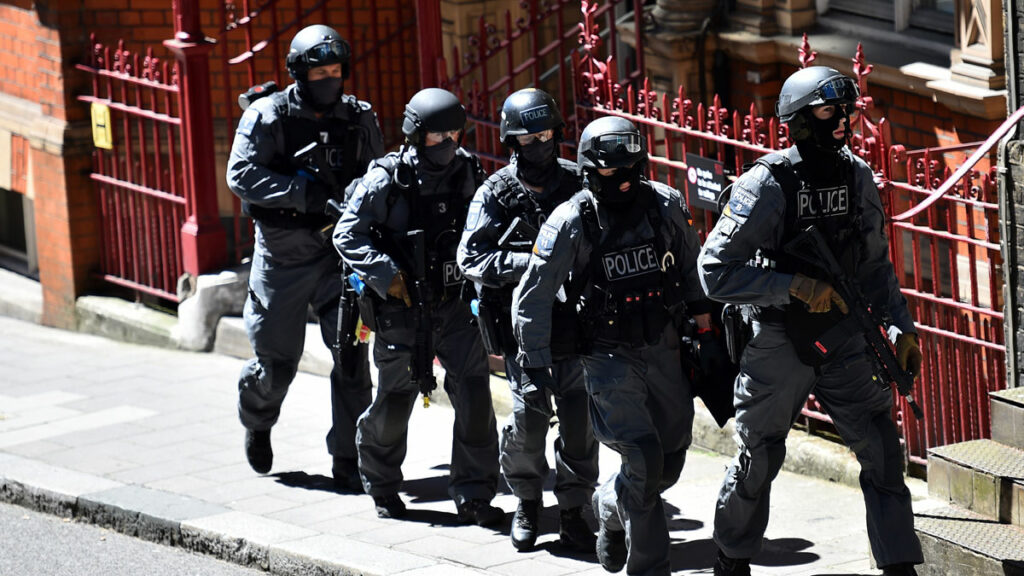In a world where states are increasingly subject to the consequences of globalization, national security has become an ever more important issue.
The most popular theory is that poverty causes terrorism. When people are deprived of certain resources and opportunities, poverty can create resentment and cause some to turn to terrorism to express their outrage.
Terrorism being a complex occurrence, is dismay kind of violence and threat to induce a state of fear in the victim, which is callous and does not confirm to humanitarian norms where publicity becomes an essential factor in the terrorist strategy indulging killing of innocent and destruction of much valuable property thereby creating wide panic and gripping the remotest part of the world.
The difficulty in assigning a truly comprehensive definition to terrorism lies in the fact that, not only is it challenging to be specific when motives, targets, and methods differ so broadly from case-to-case, but the complexity of untangling the overlaps within each of these categories makes the task virtually impossible.
Thus, the fight against terrorism has not only become a primordial concern for all the nations but also for research study in the context of global security under the impact of globalization.
Gaining the knowledge and skills in key areas for the purposes of mitigating the threat of terrorism and providing proactive measures to reduce the vulnerability of individuals and property to terrorist acts is in fact important, and this can be easily obtained from our (CTP) Counter Terrorism Practitioner course.
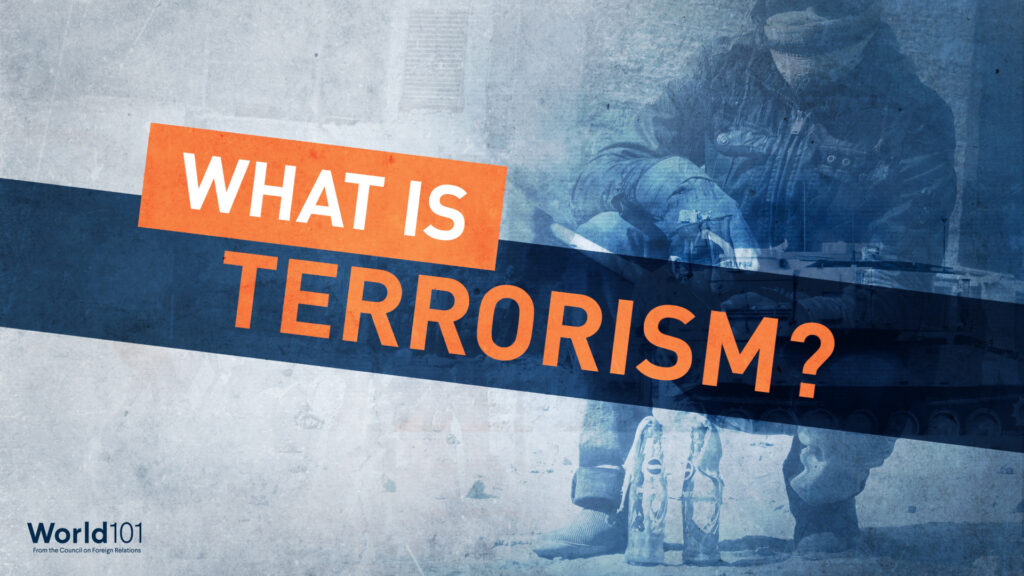
Understand the top 5 ways on how terrorism impacts the economy and ourselves as an individual, taking away these key areas:
- Terrorist acts can cause ripple effects through the economy that have negative impacts.
- The most obvious is the direct economic destruction of property and lives.
- Terrorism indirectly affects the economy by creating market uncertainty, xenophobia, loss of tourism, and increased insurance claims.
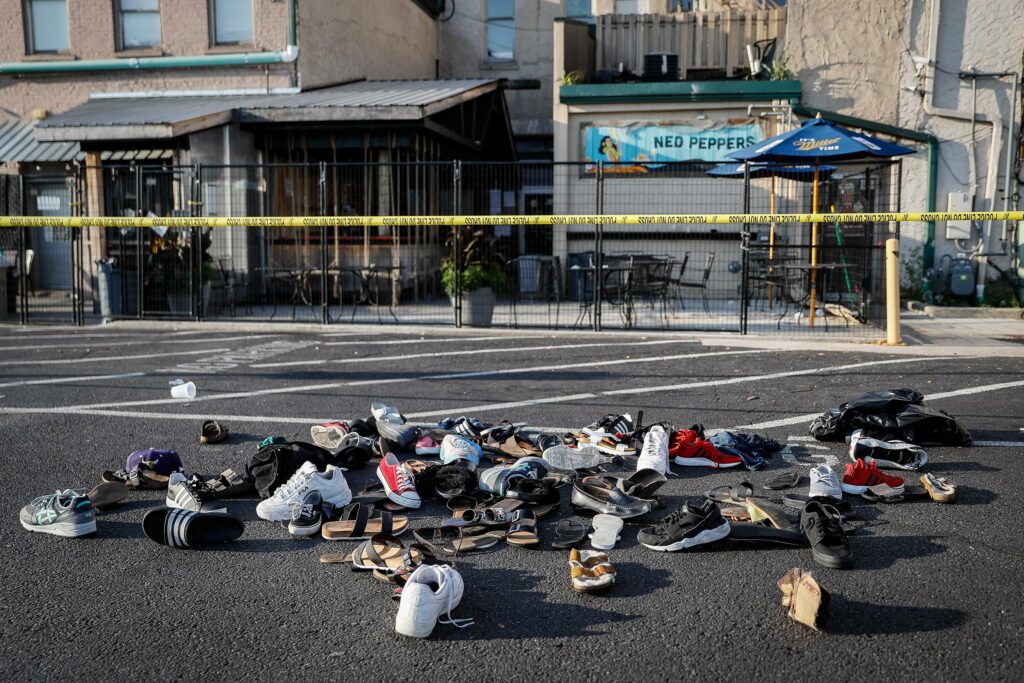
1. Direct Economic Destruction
The most immediate and measurable impact of terrorism is physical destruction. Terrorists destroy existing plants, machines, transportation systems, workers, and other economic resources.
On smaller scales, acts of terrorism may blow up cafes, restaurants, churches, or roads. Large-scale attacks, most infamously the World Trade Center bombings on September 11, 2001, can destroy billions of dollars’ worth of property and senselessly kill thousands of productive workers.
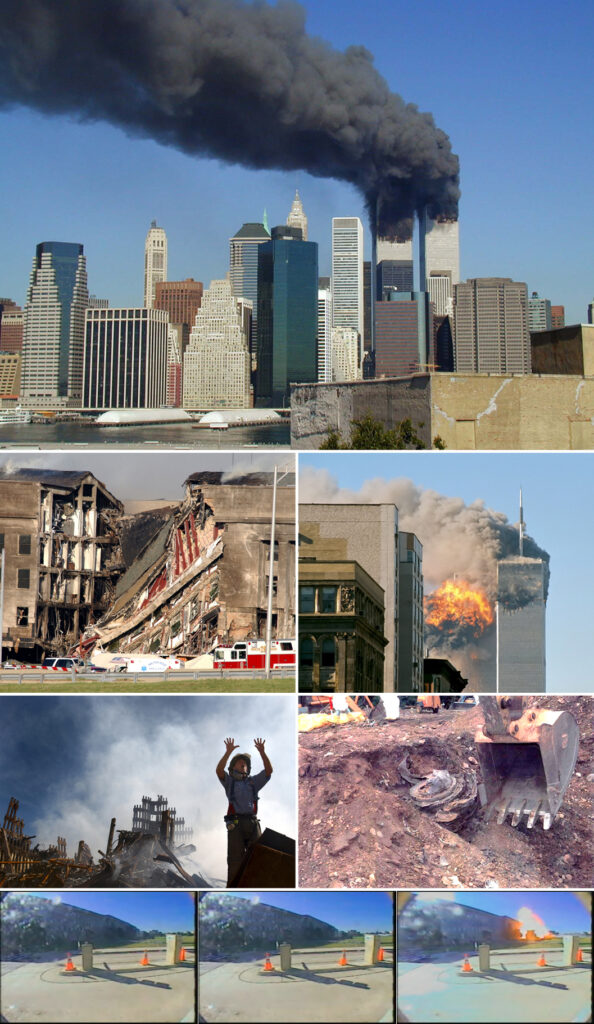
The impact of terrorism and war is always negative for the economy, and physical destruction is a large reason why. Productive resources that might have generated valuable goods and services are destroyed, while other resources are almost invariably diverted from other productive uses to bolster the military and defense.
Such terrorism impact on society and economy has soared in the past decade. According to a report by professional services firm Marsh, alongside more victims, terrorism now comes with an economic cost of $83 billion per year, four times the value in the years before the financial crisis.
2. Increased Uncertainty In The Markets
You may not live anywhere near these terrorist attacks, but you might still be negatively impacted indirectly.
This is because all kinds of markets hate uncertainty, and terrorism creates a lot of it. The financial markets literally shut down after September 11 and did not really recover until months after the 2003 invasion of Iraq.
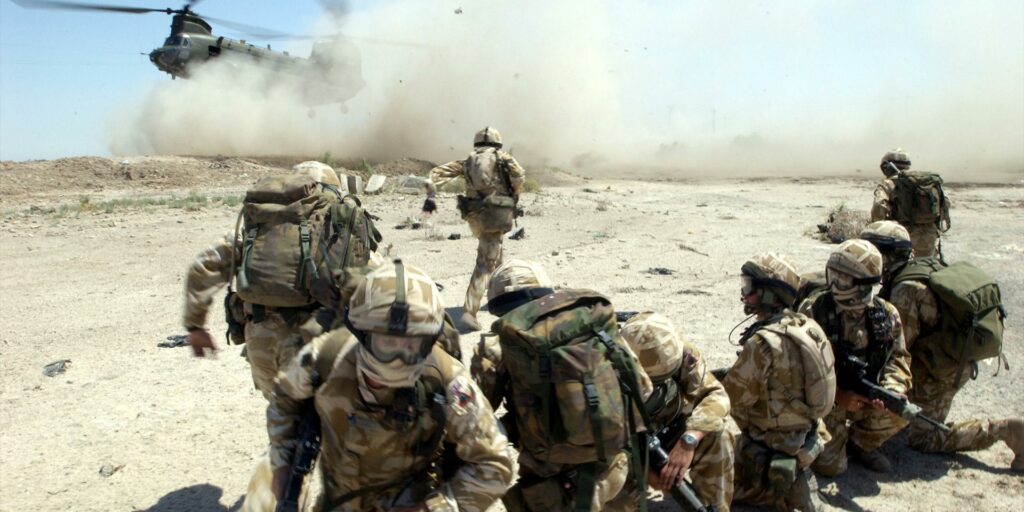
As the threats and publicity of global terrorism continue to rise, markets appear to be more and more resilient. An example would be the terrorist attacks in France that took away at least 129 lives in 2015, the Stock market indexes did not decline much. However, the deadly attack in Nice, France, in 2016, adds to the sentiment that France may be an increasingly unstable place to live and do business in.
The real threat of global terrorism from an investor’s perspective is about the broader picture, not individual incidents. International investment and cooperation are lower in a world full of terrorism.
3. Insurance, Trade, Tourism, And FDI
These are two obvious industries especially vulnerable to the effects of terrorism: Insurance and Tourism. Not all insurance companies’ payout in the event of international terrorism or foreign wars, so the impact is likely less than you might first expect.
Nevertheless, terrorism is a risky business for everyone, and insurance companies hate risk as much as anyone else (so you’re not the only one!).
Depending on the investment destination, terrorism either already is, or has the potential to become a primary consideration in formulating investment decisions. Much will depend on the motivations, experience, and resources of a given foreign investor. It is vitally important not to rely solely on widely held perceptions about the nature of terrorism risk in a particular country. A wise foreign investor will separate fact from fiction to arrive at an investment decision based on reality on the ground that is consistent with its investment objectives.

4. War Is The Health Of The State
An old saying in the study of political economy – “War is the health of the state” refers to the times of conflict, reactive governments and nervous citizens are far more inclined to give up economic and political freedoms in exchange for security.
This could result in higher taxes, higher government deficits, and higher inflation. During wartime, the government often implements price controls and sometimes even the nationalization of industries.
Governments are less effective at managing resources for productive economic activity than private individuals, especially when those resources are co-opted to achieve a strategic military objective. When governments militarize, the private economy suffers. As economist and historian Robert Higgs demonstrated in his book “Crisis and Leviathan”, many government controls stay in place long after military campaigns end.
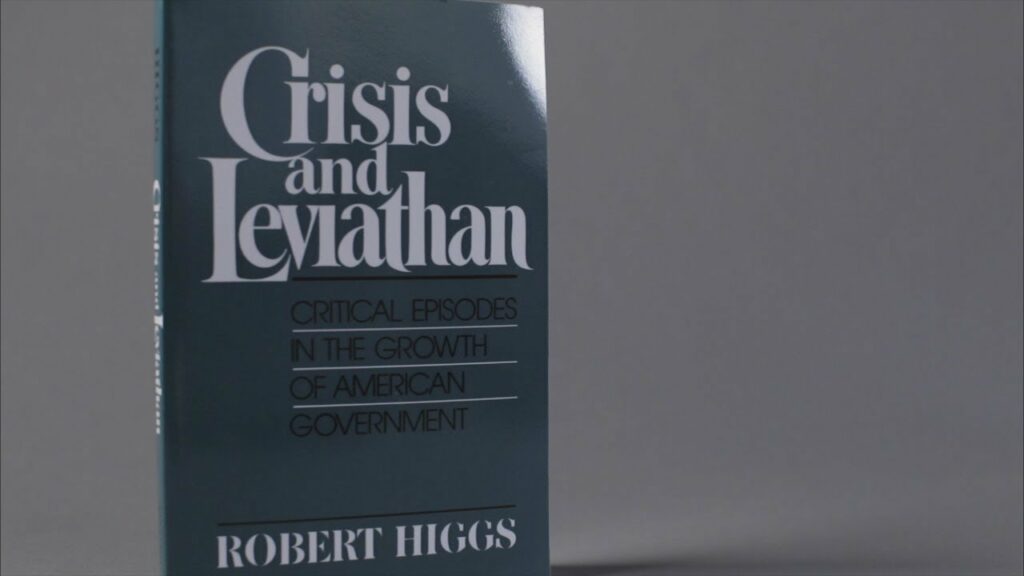
5. Increased Nationalism And Foreign Skepticism
The final risk to the economy is a political risk, which refers to disruptions from terrorism.
This is already on display in the United States and Europe back in 2016, where there has been a rise in skepticism of foreign cultures, businesses, immigrant workers, and refugees. Populist movements already won a victory of sorts in the United Kingdom, where anti-globalist and anti-trade sentiments helped pass Brexit.
These kinds of major political events have an uncertain economic fallout on everything from currency to trade and diplomacy.
Closing borders to trade and immigrant workers reduces the size and diversity of economic transactions and limits productive resources. Economists as early as Adam Smith contended that the division of labor and gains from trade are limited to the size of available factors of production. Just as a single household or town is less productive if it only relies on internal resources, so too do national economies limit themselves to the extent that they wall off external producers and consumers.
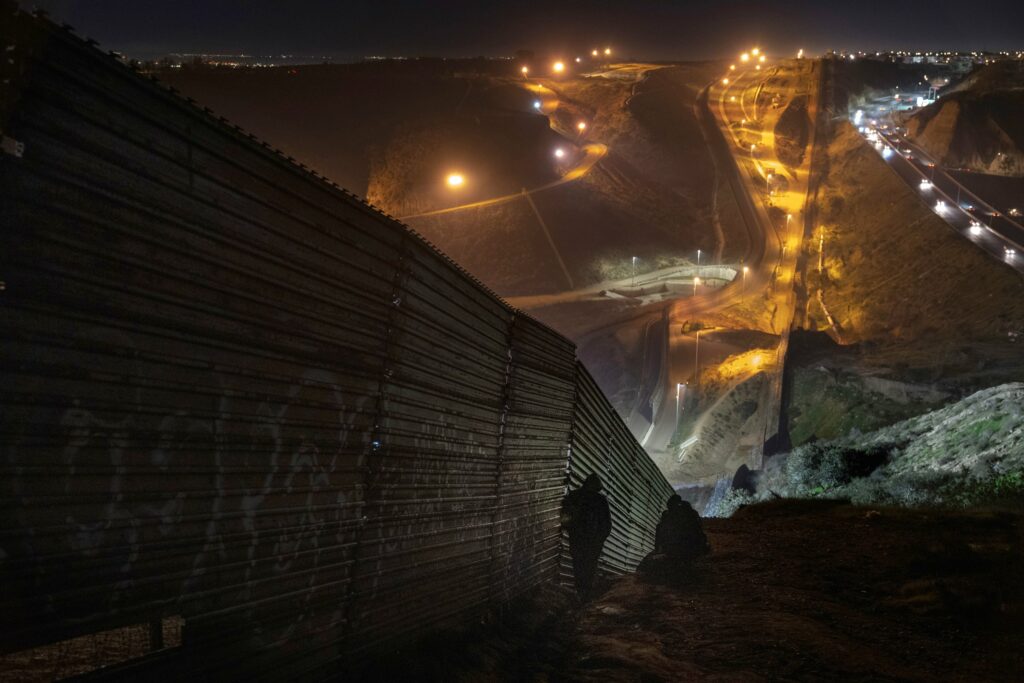
Conclusion
It can be essential to have better understanding of the terrorism threat globally, having the ability to identify the various threats and modus operandi of the terrorist, and possessing the ability to access the risk and to implement the necessary processes and technological protective measures to prepare and respond to terrorist acts efficiently and effectively.
We are pleased to share our latest partnership with CCTP which grants the CCTP certification and maintains it as the recognized standard of excellence for competent counter terrorism and intelligence. Gain demonstrable proof of knowledge, skill, and experience in key areas for the purposes of mitigating the threat of terrorism, and by providing proactive measures to reduce the vulnerability of individuals and property to terrorist acts in four main domains:
- Terrorism Fundamentals
- Threat Identification
- Prevention and Mitigation of the Threat
- Preparedness and Response to Terrorist Act
References

